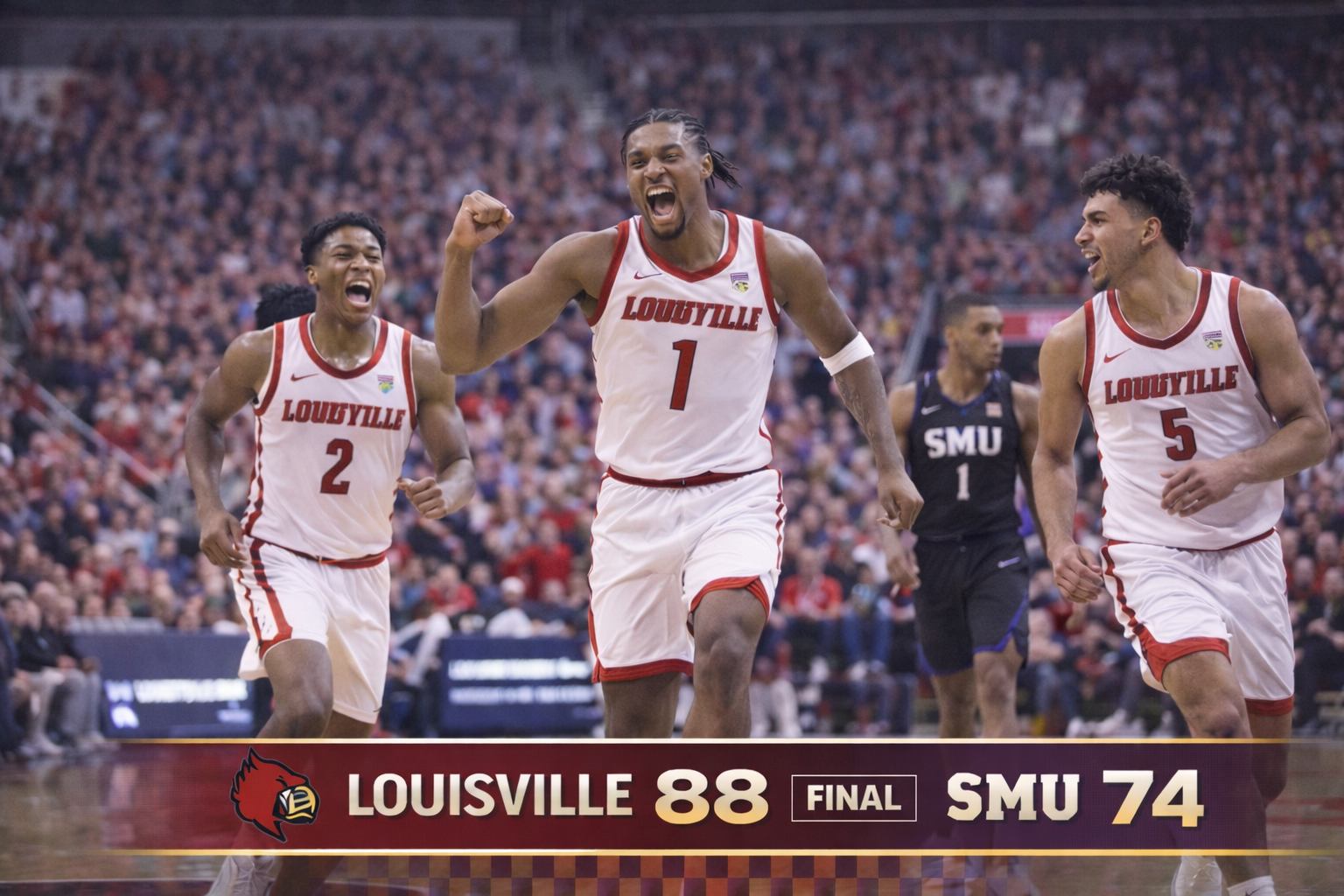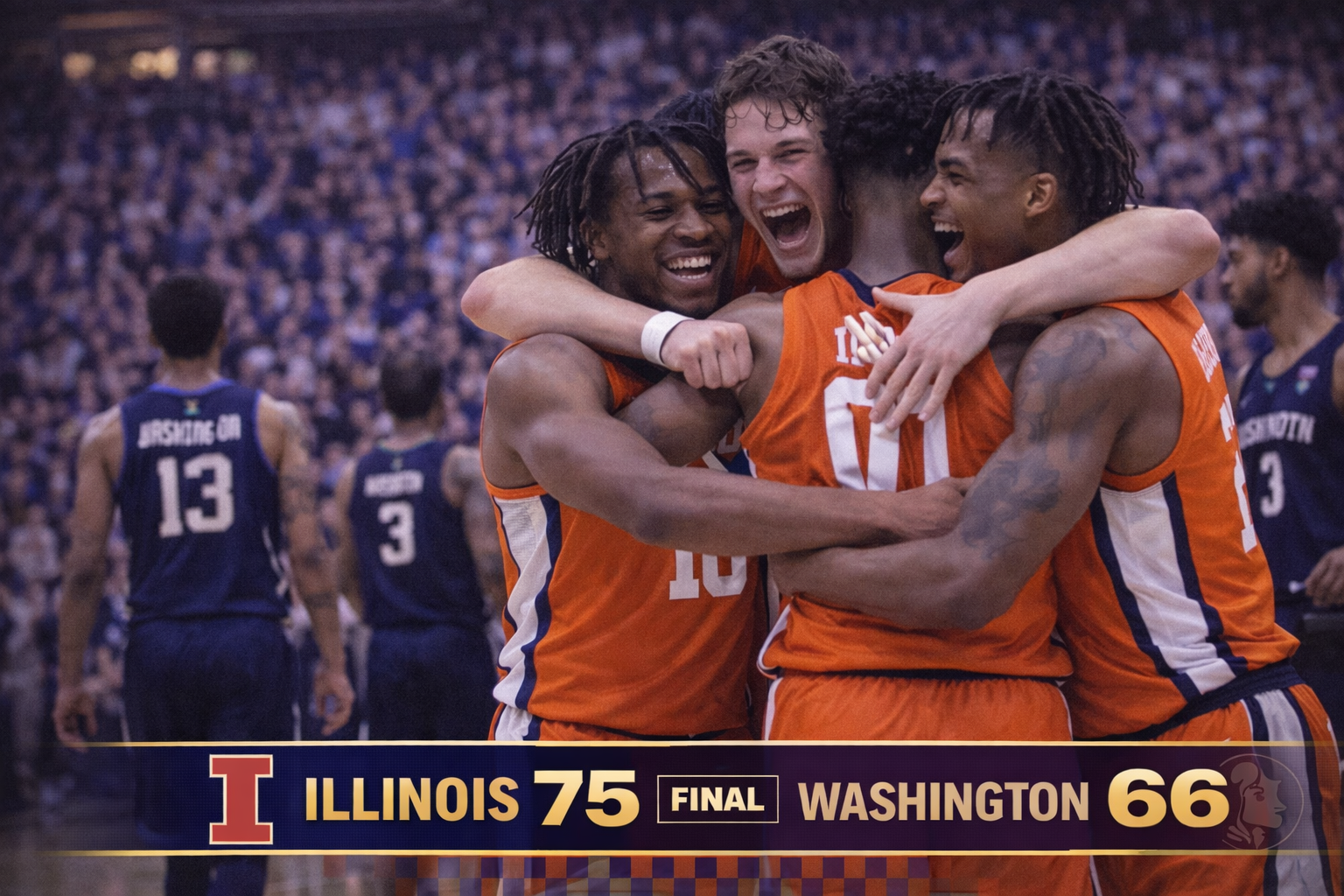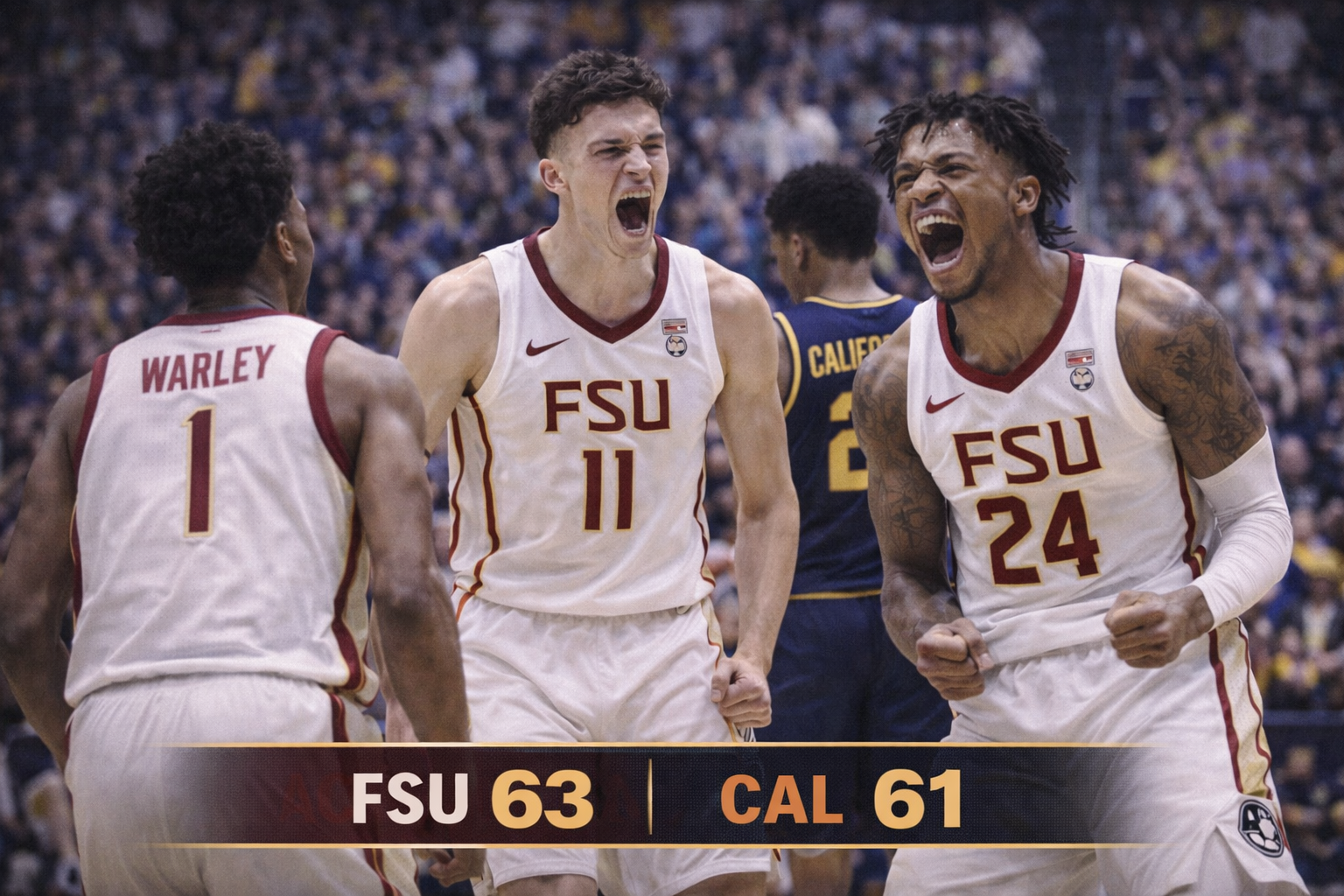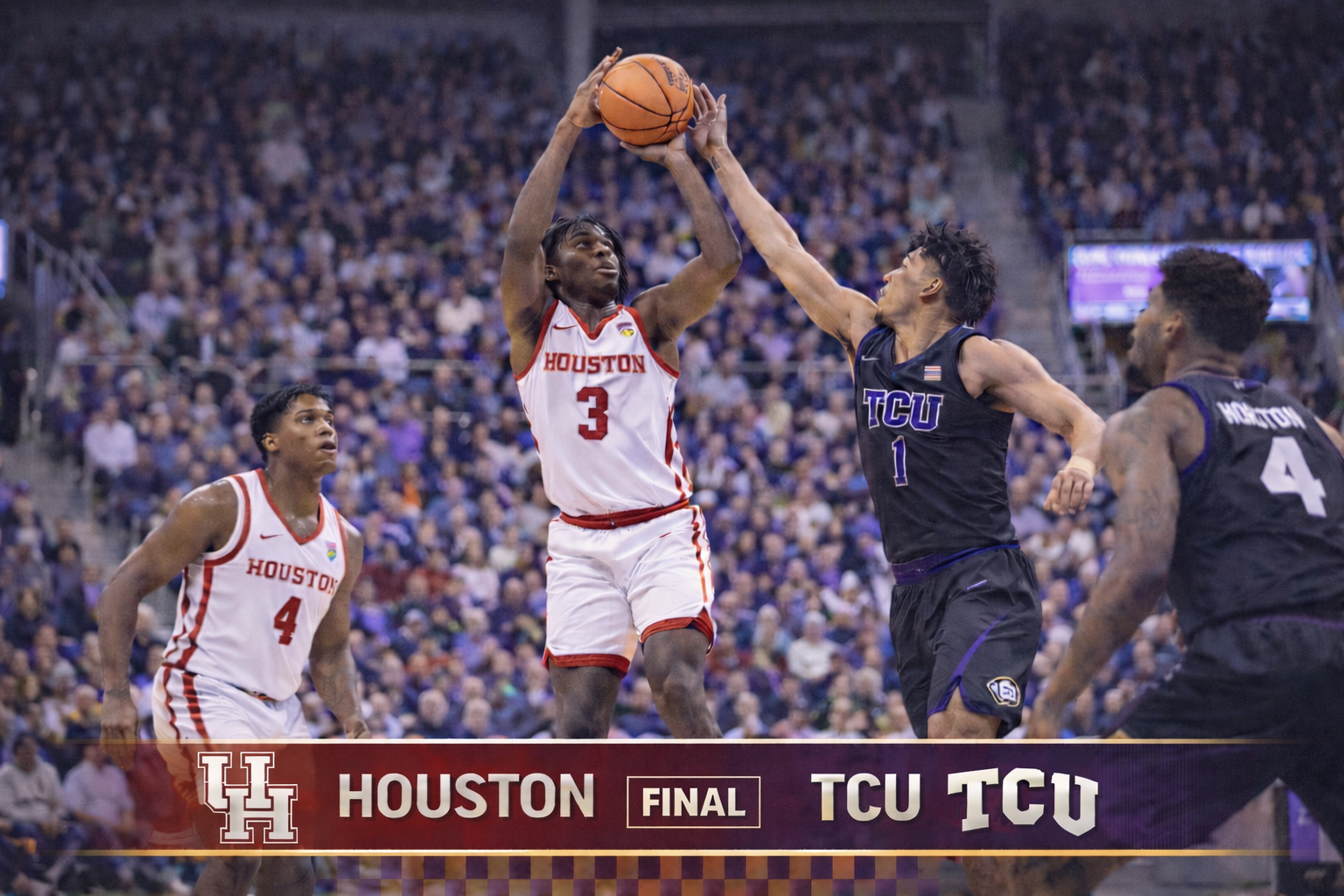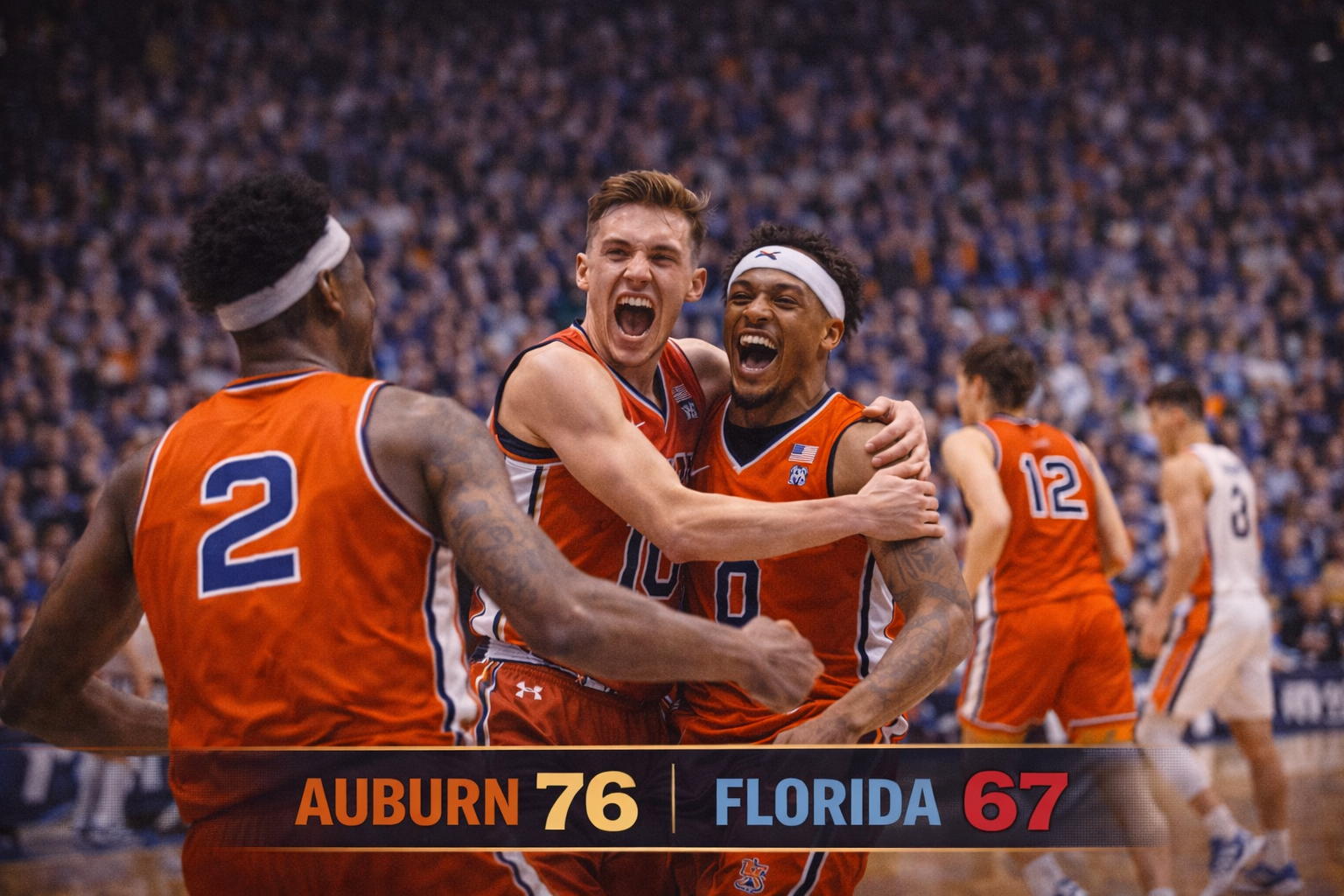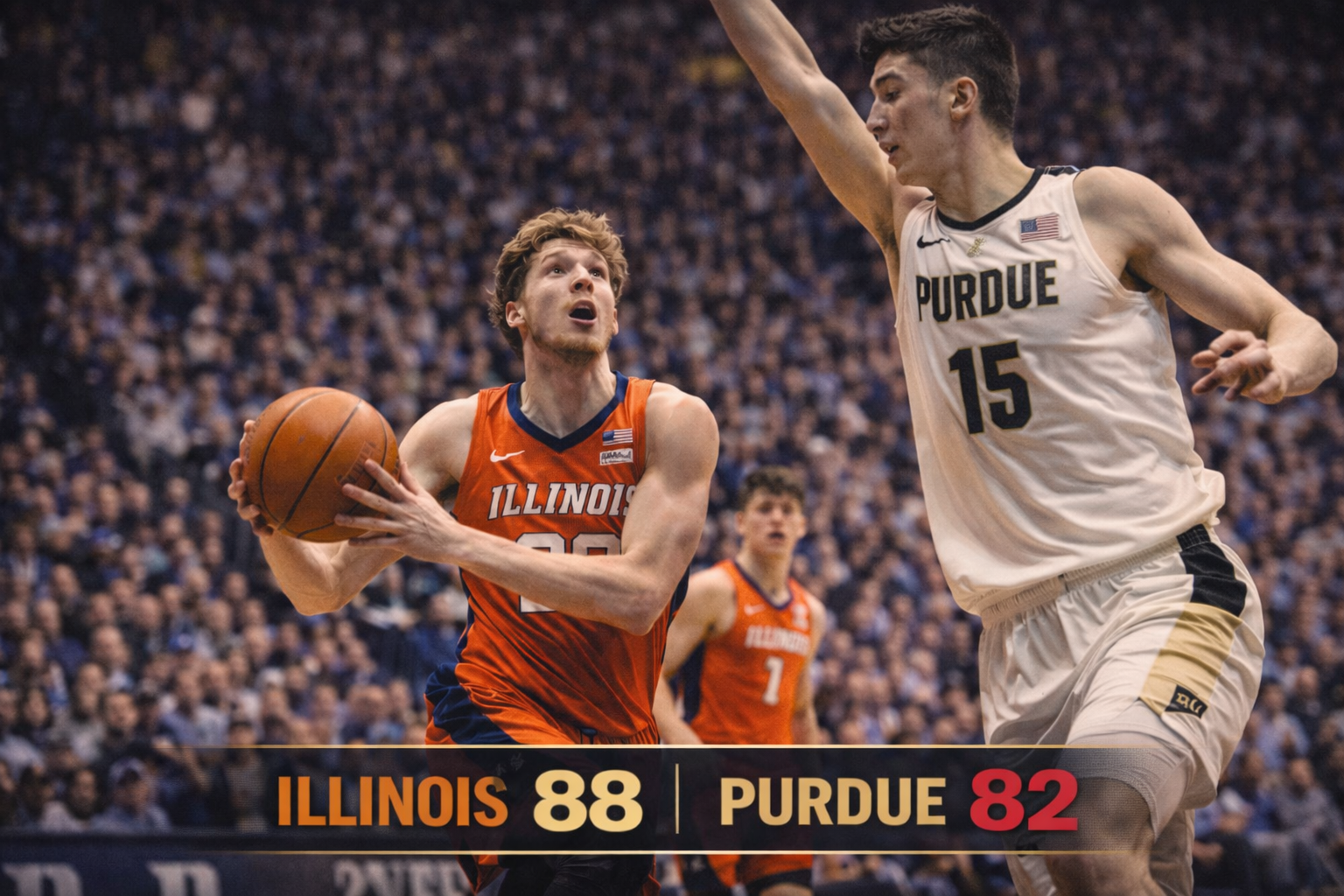Caleb Williams’ Draft Doubts Proved Justified as Bears Entrust His Future to Ben Johnson
After a rocky rookie year, Chicago turns to a top offensive mind to reshape its quarterback narrative
The Chicago Bears entered the 2025 NFL offseason at a crossroads — with the league’s most scrutinized quarterback room and the No. 1 overall pick from the 2024 Draft already drawing headlines for all the wrong reasons. Caleb Williams, once viewed as a generational quarterback talent, endured a disjointed and frustrating rookie season that confirmed many of the fears he and his inner circle expressed before the draft.
Reluctance That Made Headlines
Leading up to the 2024 NFL Draft, Williams and his family privately — and sometimes publicly — explored options to avoid landing in Chicago. The Bears’ history of mishandling quarterbacks wasn’t lost on them. With no 4,000-yard passer in franchise history and a revolving door of offensive coordinators, the franchise lacked the infrastructure to ensure success for a young, developing signal-caller.
The Williams camp considered unprecedented alternatives. One reported scenario involved bypassing the draft system entirely — a move that would’ve required testing legal boundaries and possibly signing with a UFL team for a single season before re-entering the NFL in 2025 as a free agent. Ultimately, Williams stayed in the draft and went to the Bears, but the tension surrounding the decision never completely faded.
A Troubled Rookie Season
Once the season began, concerns about the Bears’ support system quickly materialized. Williams found himself behind a shaky offensive line and paired with a coaching staff ill-equipped to maximize his talent. Reports following the season revealed that he was left to handle much of his film breakdown and preparation independently. The structure and mentorship typically afforded to a franchise quarterback were missing.
The numbers reflected the dysfunction. Williams was sacked 68 times — the highest in the league — and struggled to build rhythm within the offense. A 10-game losing streak and poor third-down efficiency plagued the team. Williams finished the season with flashes of brilliance but little consistency, and analysts questioned whether Chicago had once again failed to provide a proper development environment for a young QB.
A Culture of Quarterback Mismanagement
The issues with Williams were not isolated. Chicago has a long-standing reputation for mishandling the quarterback position. From Mitchell Trubisky to Justin Fields, the Bears have consistently failed to pair talented quarterbacks with stable coaching and offensive schemes. The team cycled through offensive coordinators, adjusted playbooks midseason, and lacked a consistent vision — all of which contributed to underperformance at the game’s most important position.
Compared to franchises like Kansas City, San Francisco, or even Houston, where young quarterbacks thrive under carefully crafted systems, Chicago had become a case study in what not to do.
Ben Johnson: A Signal of Change
Recognizing the severity of the problem, the Bears fired head coach Matt Eberflus and offensive coordinator Shane Waldron before the end of the 2024 season. They began the 2025 offseason with a clear mission: find someone capable of building a system around Caleb Williams.
That mission led them to Ben Johnson, the former offensive coordinator of the Detroit Lions. Johnson was one of the most coveted head coaching candidates on the market, known for designing creative, player-friendly schemes and developing Pro Bowl quarterback Jared Goff into a reliable leader for Detroit’s offense.
Johnson's arrival signals a new era in Chicago. His task isn’t just to install a system — it’s to rebuild a quarterback’s confidence and change the identity of an entire franchise.
Building a Better Environment
To give Williams a fighting chance, the Bears made additional offseason moves. They drafted tight end Colston Loveland, a reliable pass-catcher with a wide catch radius, and wide receiver Luther Burden III, a dynamic playmaker who can stretch the field. These additions aim to give Williams more versatile options and reduce the burden on him to make plays in isolation.
Chicago also prioritized upgrading the offensive line, signing experienced veterans to strengthen the interior and provide better protection. With Ben Johnson calling the shots and a more balanced offensive unit, the hope is that Williams can evolve into the quarterback many believed he would become.
The Pressure of Expectations
Even with these improvements, the pressure remains high. Williams entered the league with enormous expectations — comparisons to Patrick Mahomes and Aaron Rodgers were common. A poor rookie season has already dented those comparisons, and the NFL’s short memory means he’ll need to rebound quickly to avoid being labeled a “bust” by critics.
For Johnson, the challenge is equally steep. He’s inheriting a franchise with decades of underachievement at quarterback and a fanbase hungry for change. His success will hinge on whether he can unlock Williams’ potential and navigate the highly competitive NFC North.
A Franchise at a Turning Point
Chicago’s investment in Caleb Williams — and now Ben Johnson — represents a high-stakes gamble. If the pieces come together, the Bears could finally end their quarterback drought and become consistent playoff contenders. But if things go south again, the narrative surrounding the franchise could take an even darker turn, pushing future prospects to avoid Chicago entirely — just as the Williams family once considered.
For now, the Bears have taken meaningful steps in the right direction. They’ve acknowledged past failures, hired a proven offensive innovator, and made personnel upgrades designed to support their young quarterback. Whether that’s enough to change the course of history remains to be seen — but for the first time in years, there’s a foundation worth building on.
